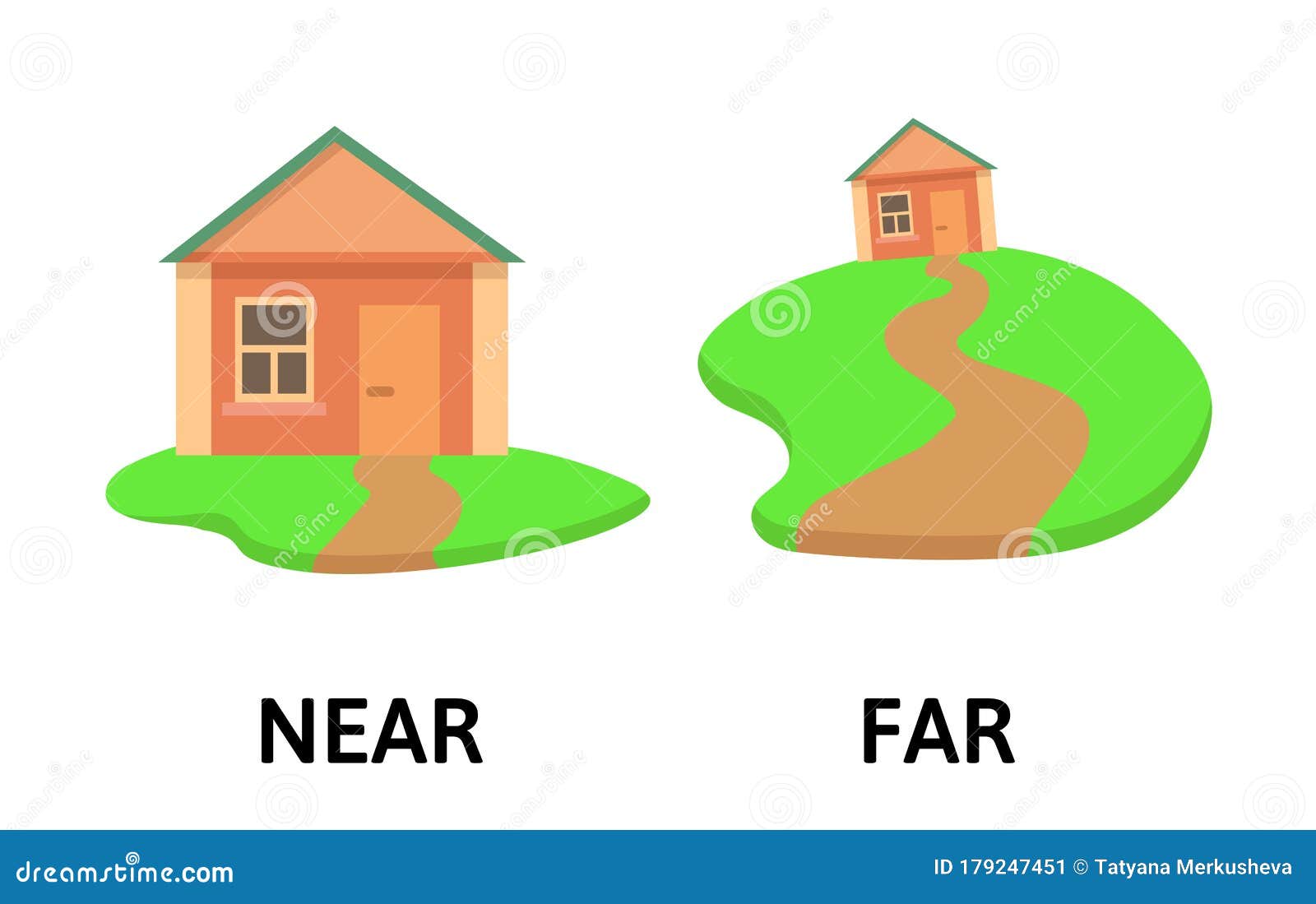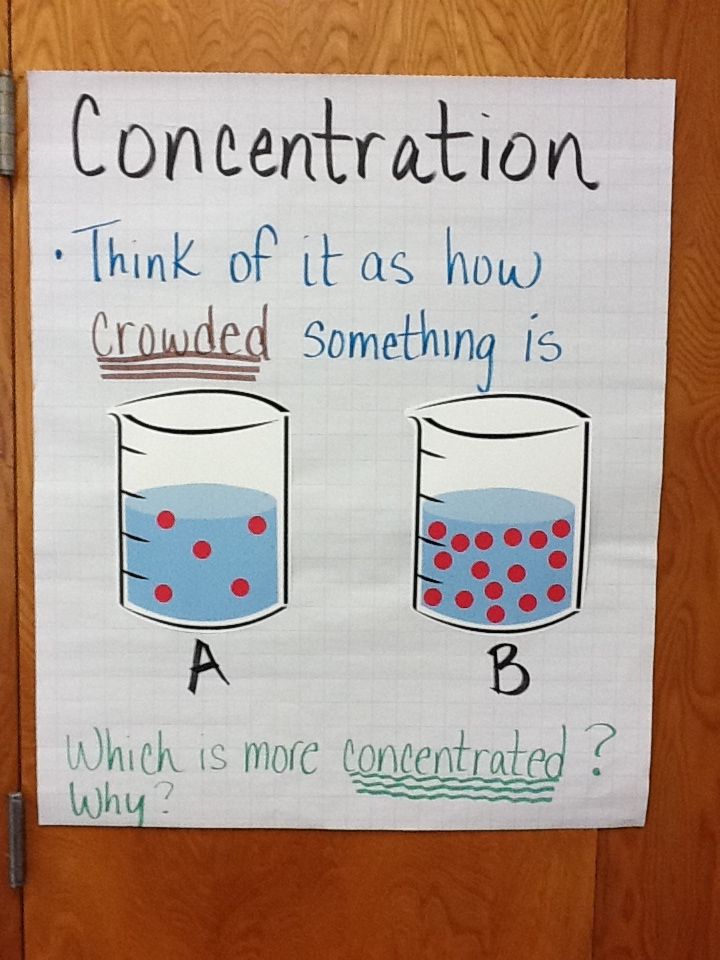Understanding Moderate Politics: Principles, Practice, and Pathways to Civic Engagement
Introduction to Moderate Politics
Moderate politics refers to an ideological stance that rejects radical or extreme positions and instead advocates for centrist, balanced viewpoints. Moderates often seek compromise, incremental improvement, and practical solutions that draw from both progressive and conservative principles. This approach is particularly relevant in today’s polarized political climate, as it aims to bridge divides, foster dialogue, and promote stability within existing political systems. [1] [2]
Core Principles of Moderate Politics
At its heart, moderate politics is defined by several key principles:

Source: moderatepartypodcast.com
- Rejection of Extremism: Moderates oppose radical or uncompromising views, instead favoring positions that can accommodate diverse perspectives. [1]
- Centrist Policy Preferences: Moderates tend to support policies that lie between the far left and far right, seeking pragmatic solutions. [2]
- Emphasis on Compromise: Rather than rigidly adhering to ideology, moderates prioritize negotiation and consensus-building. [3]
- Incremental Change: Advocates for moderate politics typically favor gradual reforms over sweeping transformations, believing that stable progress is more sustainable. [3]
How Moderate Politics Works in Practice
Moderate politicians and voters often play a crucial role in democratic systems. By holding views that are not strictly liberal or conservative, moderates can act as bridge-builders, facilitating cooperation between parties and helping to pass legislation that appeals to a broad spectrum of citizens. In legislatures, moderate caucuses and organizations frequently advocate for bipartisan solutions. [4]
For example, in the United States, groups like the Problem Solvers Caucus in Congress work to promote bipartisan legislation by requiring support from both major parties. The No Labels organization encourages elected officials and citizens alike to seek common ground and address the country’s challenges through practical, non-ideological approaches. [4]
Real-World Examples of Moderate Policy Positions
To illustrate moderate politics in action, consider these policy examples:
- Healthcare: A moderate might support reforms that increase access and affordability, such as expanding public insurance options, but stop short of advocating for a complete government takeover of healthcare. [3]
- Immigration: Moderates may advocate for a balanced approach that combines stronger border security with pathways to citizenship for undocumented immigrants. [3]
- Economic Policy: A centrist economic stance may favor free-market principles while also supporting targeted government intervention to address social inequities. [2]
These positions exemplify how moderate politics seeks to synthesize the most effective elements from across the political spectrum, promoting workable solutions that can garner broad support.
Moderates in the Political Spectrum
Moderates are often situated in the center of the left-right political spectrum. This centrist position allows them to be more flexible and responsive to the specific context of issues rather than being bound by strict ideological frameworks. In countries like Canada, both the Liberal and Conservative parties may contain moderate factions that emphasize practical policymaking over doctrinal purity. [2]
Moderate Voters and Their Impact
Research indicates that moderate voters are highly influential in electoral outcomes. According to a study published by the American Political Science Review, moderates are four to five times more responsive to candidate ideology and two to three times more responsive to incumbency and candidate experience than their more ideologically committed counterparts. [5] This means that moderate voters often determine the success of candidates in competitive elections, especially in swing districts.
Moderates typically evaluate candidates and policies on a case-by-case basis. They may split their tickets or vote across party lines, prioritizing practical outcomes over party loyalty. This makes earning the support of moderates a key objective for political campaigns seeking broad appeal.
How to Get Involved in Moderate Politics
If you are interested in participating in moderate politics or supporting centrist causes, there are several actionable steps you can take:
- Join or Support Moderate Organizations: Consider engaging with groups such as the Problem Solvers Caucus, No Labels, or the Centrist Project. These organizations promote bipartisan cooperation and pragmatic solutions. You can search for their official websites or social media pages to learn more about membership or events. [4]
- Attend Bipartisan Forums: Many communities host public forums and town halls focused on fostering civil dialogue and compromise. Check with your local government or public library for upcoming events. You may also find listings through nonpartisan civic organizations.
- Research Candidates’ Policy Positions: Before voting, review candidates’ stances on key issues to identify those who demonstrate a willingness to compromise and focus on practical outcomes. Nonpartisan voter guides and official candidate websites can be helpful resources.
- Contact Elected Officials: Reach out to your representatives and express your support for bipartisan action and moderate governance. You can find contact information for members of Congress on the official U.S. House and Senate websites. Search for “Find your representative” on the U.S. House of Representatives or Senate official sites.
- Promote Civil Discourse: Encourage respectful, fact-based discussion in your social and professional circles. Share articles and resources that highlight the value of moderation and compromise.
Challenges Faced by Moderates
While moderate politics offers many benefits, it also faces certain challenges. In an era of increasing polarization, moderates may be criticized by both ends of the political spectrum for lacking conviction or being indecisive. Political parties and media outlets, which often thrive on conflict and clear-cut divisions, may overlook or under-represent moderate voices. [4]
Despite these obstacles, moderates can use their unique position to advocate for practical solutions and bridge-building efforts. By forming coalitions, supporting centrist candidates, and participating in civic dialogue, moderates can help counteract polarization and promote effective governance.

Source: cato-unbound.org
Alternative Approaches and Expanding Moderation
While many moderates operate within the major political parties, others choose to run as independents or support third-party candidates who prioritize centrist values. For example, the Alliance Party in the U.S. seeks to nominate candidates with moderate, pragmatic platforms. [4]
If you are interested in exploring alternative ways to support moderate politics:
- Consider volunteering for nonpartisan voter education initiatives.
- Participate in grassroots campaigns that encourage bipartisanship and electoral reform.
- Engage with academic or civic groups focused on political moderation and compromise.
Summary: The Value of Moderate Politics
Moderate politics plays a vital role in democratic societies by facilitating compromise, promoting stability, and fostering incremental improvement. Although moderates may face challenges from polarized environments, their influence is often decisive in elections and policymaking. [5] If you are interested in supporting or becoming more involved in moderate politics, you can start by researching centrist organizations, attending bipartisan forums, and advocating for respectful, pragmatic dialogue in your community.
References
[1] Simple English Wikipedia (2024). Political moderate – definition and overview. [2] Wikipedia (2024). Political moderate – ideological context and spectrum. [3] GoodParty.org (2024). Moderate vs. Independent: 7 Key Differences. [4] The Advocates for Self-Government (2024). Organizations and examples of moderation. [5] Cambridge University Press (2022). Moderates – American Political Science Review.



